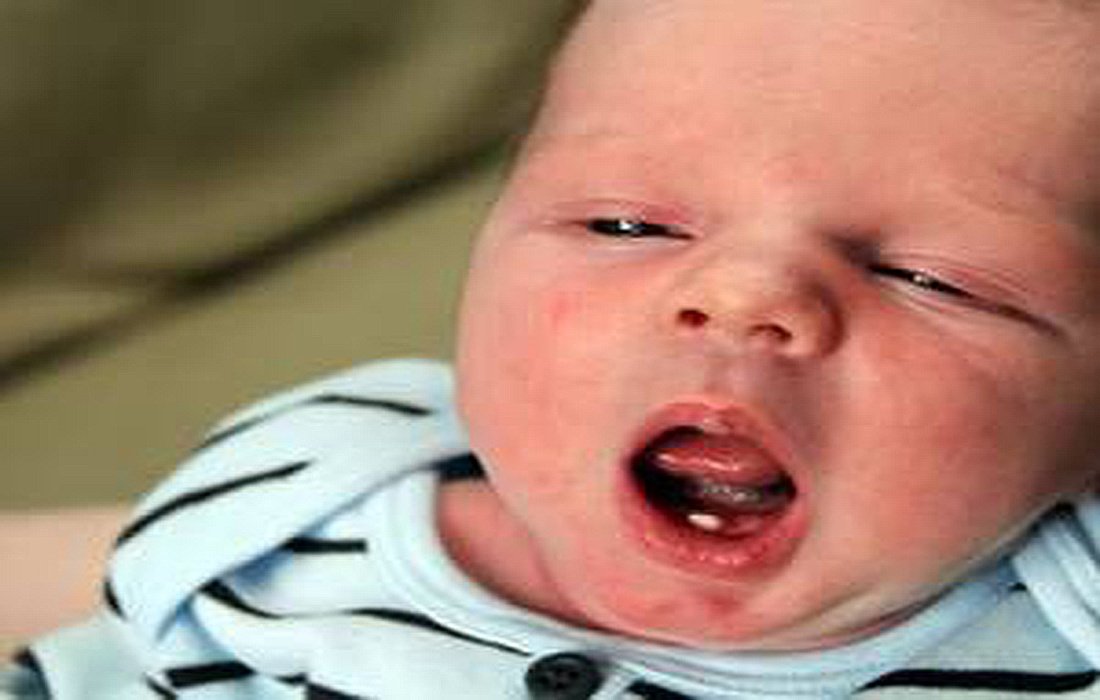All About the CausesBirth of Newborns with Teethand Its Problems
When a Child is Just OneFetusAt six weeks in the mother’s womb, the first teeth begin to form. Teeth grow within the gums and are usually not visible until months after birth, but sometimes a child is born with visible teeth. These teeth are called natal teeth and this is rare. In this part ofPregnancyand NewbornsSelMagzWe aim to explore natal teeth, the factors leading to their formation, and their impact on a child’s overall health and development.

What Are Natal Teeth and Are They Common?
Natal teeth are extremely rare and present at birth. Studies show that one in every 7,000 children is born with them. Typically, there are no more than three natal teeth, and this condition is not related to the baby’s gender.
Do Natal Teeth Cause Issues for the Child?
Yes, natal teeth can come with complications, including:
Difficulty Latching:
This issue occurs in babies born with teeth. Teeth can prevent the baby from latching onto the mother’s nipple correctly, resulting in poor feeding.

Poor Nutrition and Its Effect on Health:
Because the baby isn’t feeding well, they might miss vital nutrients, impacting their overall growth.
Fussiness:
When a baby has teeth, they may feel pain similar totooth painthis may result in the baby being irritable and fussy.
Biting the Mother’s Nipple:
A baby with natal teeth may bite the mother’s nipple or tug on a bottle nipple, and frequent biting can disrupt breastfeeding.
Choking:
A loose tooth could break off, resulting in choking for the baby.

How Do Natal Teeth Disappear?
Surgery is the only method to remove natal teeth. Read further to learn more about this procedure.
Necessary Steps Before Surgery:
Surgery is generally done at least 10 days after the baby’s birth, by which time the baby has developed gut flora (bacteria) and received vitamin K for clotting. This is crucial for a quicker recovery and to avoid bleeding during the surgery. Usually, babies are givenVitamin Ksupplements before the surgery.
Removal of Natal Teeth:This procedure is performed under local anesthesia to ensure the child is comfortable during surgery.
Post-operative Care:
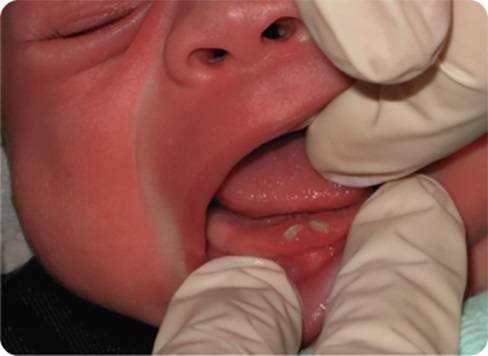
Based on recovery, additional vitamin K may be given via injection. The child usually leaves the hospital after a few hours, and follow-up care is conducted weekly.
The dentist will determine if normal teeth need to be removed based on how they affect the child’s growth and development. If the teeth are rooted and do not affect feeding, surgery might not be required.
Do Natal Teeth Replace Primary Teeth?
About 90-99% of natal teeth are primary teeth that have emerged early. Only 1-10% are supernumerary or extra teeth.
If the child’s teeth are natal primary teeth, they will be replaced by permanent ones later. Otherwise, the child will first grow their primary teeth and then have permanent teeth emerge after the primary ones fall out.
What Are the Types of Natal Teeth?
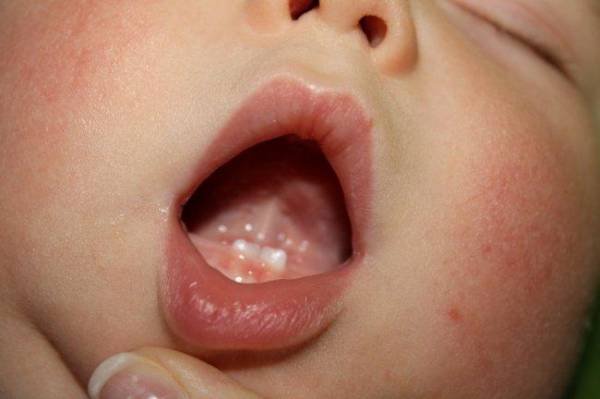
Fully Erupted:
The tooth has completely erupted from the gum and is clearly visible. The tooth does not move when touched and is fully attached to the gum.
Loose but Fully Visible Teeth:
These teeth are visible but not properly attached to the gum, indicating no root or a partial root.
Partially Visible:
The cusp of the tooth can be seen above the gum while the rest remains buried.
Tooth Not Erupted but Visible:
This tooth appears as a white bump on the gums.
Is Every Erupted Tooth a Natal Tooth?
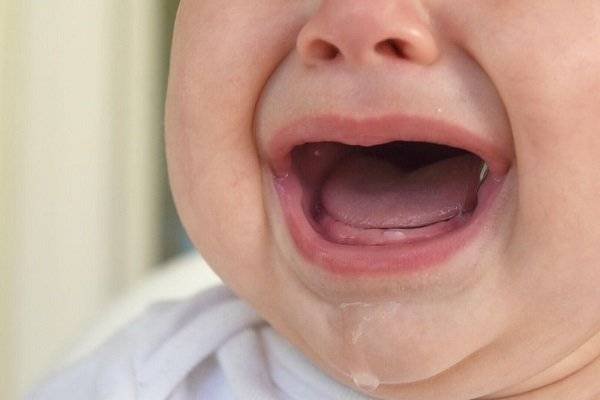
No, only the teeth listed below are considered natal teeth:
Lower Midline Incisors Have an 85% Probability
- Upper Incisors Have an 11% Probability
- Lower Canines and Molars Have a 3% Probability
- Upper Canines and Molars Have a 1% Probability
- Two lower midline incisors are the most common types of natal teeth, and it is quite rare for a child to be born with a full set of the aforementioned teeth.
Why Are Some Newborns Born with Teeth?
Some Common Reasons Newborns Are Born with Teeth Include:
1. Hereditary Factors:
If parents, siblings, or close relatives were born with teeth, the baby is likely to have natal teeth at birth.
2. Ellis-Van Creveld Syndrome:

This syndrome, known as chondrodysplastic dysplasia, is a genetic bone condition that leads to several congenital anomalies, including extra fingers, total hair loss, and teeth present at birth. It is rare and usually seen in isolated communities.
3. Pierre Robin Syndrome:
This genetic disorder results in babies being born with an abnormal jaw, with the presence of natal teeth being one of the several possible complications.
4. Hallermann-Streiff Syndrome or Ocular-Mandibular-Hypotrichosis Insufficiency:
This rare genetic disorder causes craniofacial anomalies such as a shorter jaw, curved palate, and natal teeth. It is so rare that the exact causes are unknown and treatment options are restricted.
5. Sotos Syndrome:

Sotos syndrome is a genetic condition that causes rapid growth in infancy and toddlerhood. Babies born with this syndrome frequently have natal teeth.
6. Jadassohn-Lewandowsky Syndrome:
This syndrome, known as congenital pachyonychia, is caused by harmful genetic mutations. Newborns affected by this syndrome often have thick nails and natal teeth.
7. General Jaw Abnormalities:
Natal teeth may appear in infants with jaw abnormalities like cleft lip and palate.
8. Endocrine Problems:
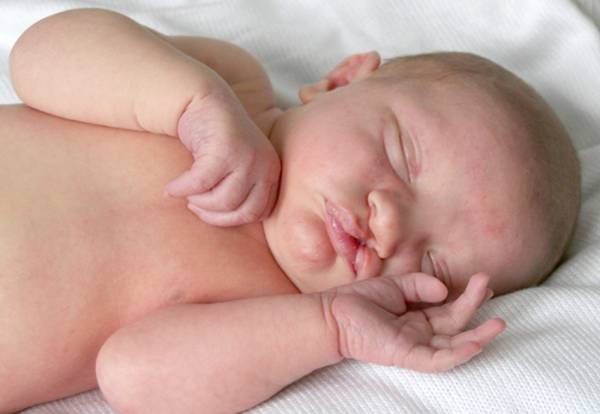
Hormonal congenital issues can also contribute to the development of natal teeth.
9. Congenital and Neonatal Infections:
As stated on SelMagz, if a baby is born with an infection, it could result in natal teeth being present. An example is congenital syphilis, and if the mother has a serious illness or high fever during pregnancy, the newborn might have natal teeth as well.
Frequently Asked Questions About Natal TeethWhat Is the Difference Between Natal and Neonatal Teeth?Natal teeth are present at birth, while neonatal teeth emerge within the first month (30 days) of life. Natal teeth are three times more common than neonatal teeth, which are similar in appearance and location. The causes, complications, and treatments for neonatal teeth are akin to those for natal teeth.
Can Natal and Neonatal Teeth Grow Together?
This occurrence is very rare. The combined growth of both types primarily happens in complex congenital genetic disorders.
Natal teeth can be a source of concern for parents, but there’s no need to worry; this condition can generally be treated effectively.
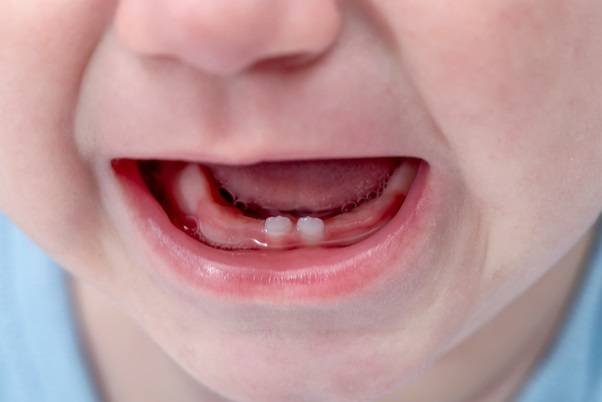
Baby Teeth
Newborns Born with Teeth
Breastfeeding



